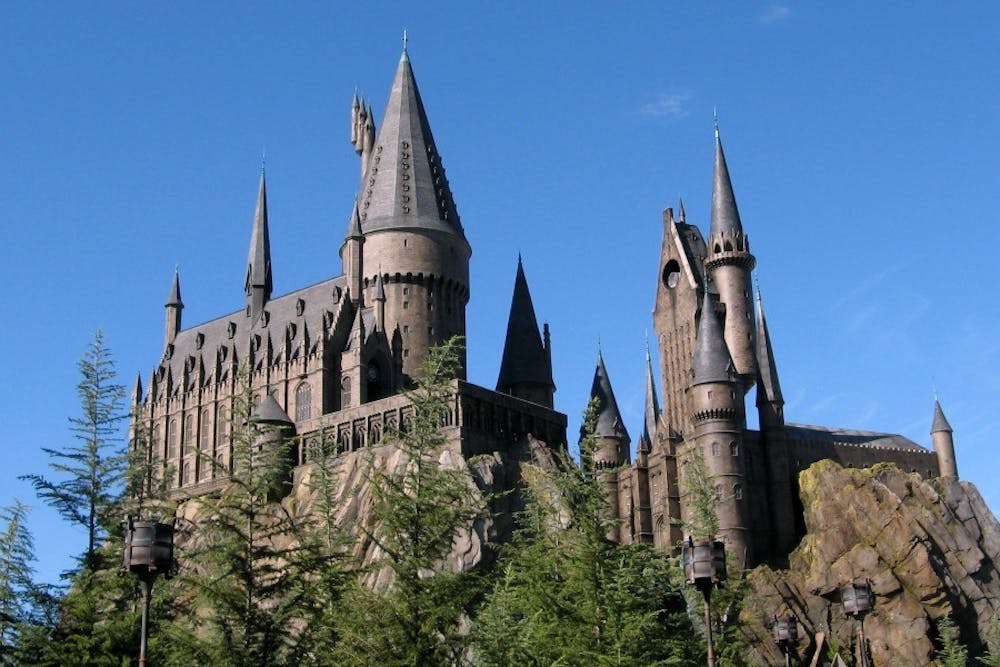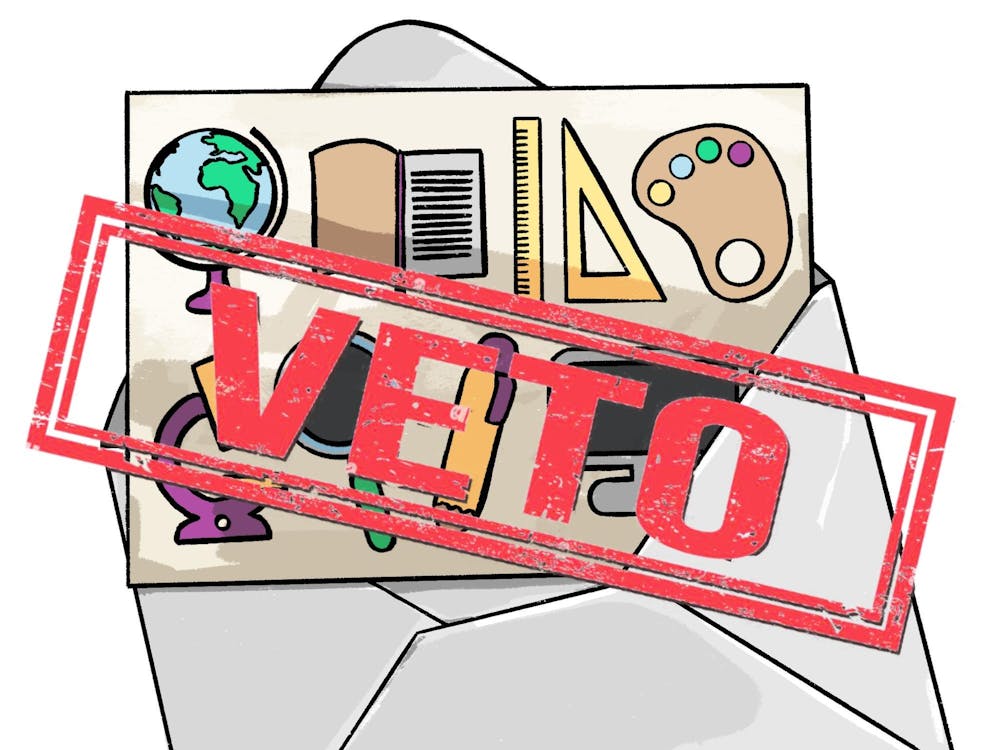By Ellen Stenstrom, Staff Writer
"There will be books written about Harry. Every child in our world will know his name!"
When JK Rowling wrote this now famous line, she had no way of knowing that it would really come true.
The Harry Potter series is perhaps the most famous fiction series ever written, with 450 million books in print in 73 different languages.
In the United States, 328,259 new books are published every year, but only a few take hold in the hands of today's readers.
Clearly, the Harry Potter series had what is required to take root, first in Great Britain and America, and then the rest of the world.
Though Rowling's books tell of semi-realistic students in somewhat realistic situations - with school and friends, at least - the Harry Potter books are essentially a collection of modern-day fairy tales.
The fantasy genre has a way of connecting with kids and adults on a deeper level than it would seem. Harry provides miraculous solutions to intimidating problems and demonstrates the bravery of a classic hero.
Dr. Ildiko Mohacsy, a New York based professor of psychiatry says that "The fairy tale ... conforms to the way a child experiences the world … He can gain better solace from a fairy tale than he can ... based on adult reasoning … A child trusts what the fairy story tells ... its world view accords with his own".
However, adults are often drawn to fantasy as well, contributing to the multigenerational success of the series.
Many adults lead lives of unsettled pasts. They, too, are vulnerable to the pains and wants of a younger child. Helpless children grow into helpless adults, childhood heroes may pass, but the gap left behind still needs to be filled. And for so many, Harry is that figure. Like many heroes of fantasy, Harry comes from difficult circumstances, overcomes the hardship, survives with unexpected help and is carried by a series of miracles into the position of success.
Then what is unique about Potter? The plot and character elements of the series also contribute to its worldwide fame. On a simplistic level, Potter's literary quality makes it rise to the top like rich cream from milk, but the series also built on itself exponentially with each installment drawing more and more readers.
Enjoy what you're reading?
Signup for our newsletter
The main character, Harry Potter, grows up as an orphaned and abused boy before being whisked off to wizard school where he finds that he is famous, and must fight the most infamous dark wizard of all time, Lord Voldemort.
The fact that Harry comes from humble circumstances and must fight to be successful is inspirational to readers, making them invested in the next epic adventure of their beloved hero.
Harry faces great difficulty much like adolescent readers do. He feels different than the others around him, like readers often do. He perseveres through challenges like many readers hope to do. Despite Harry's ability to fly and speak to snakes, Dr. Mohacsy argues that Harry is just like any other person.
Harry's adventures are heroic and his life intriguing, but this is not unique either. After the books were over, it was Potter's marketability that carried the series to the next level. After books came movies, and Potter's circumstances as a movie saga were unique as well.
An Economist writer points out that "Most modern blockbuster franchises have two things in common: they are based on known properties such as books and comics, and they are steered by respected, but little-known directors."
Most of the actors, directors and writers hired for the project were little known before their role in the Potter series. This led to an unusually stable team that has stayed loyal to the franchise from the beginning, and their dedication has paid off.
The movies' success has led to the construction of "The Wizarding World of Harry Potter" at Universal Studios in Florida, another attraction complete with rides, themed food and plenty of souvenir shops.
Lastly, bridging the gaps of time between old Potter and new is fan-fiction. This genre of writing has developed a reputation for being amateur, unoriginal and often sexually explicit, but it is ordinary people creating their own versions of the Potter story that allow the legacy to live on.
JK Rowling tried 13 times before she got an offer for Harry Potter, but it was well worth the wait. None can say how long this craze will last, but don't be surprised if Harry Potter shows up on the list of classics one day.




